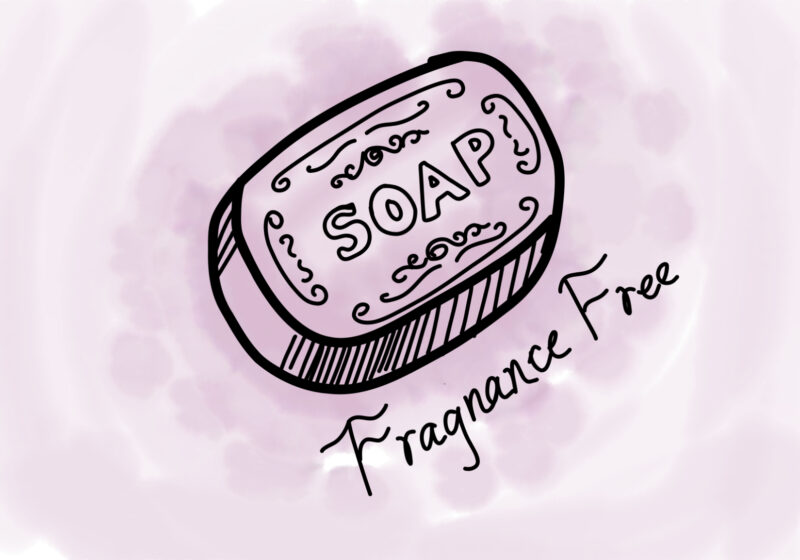You may have noticed that the ubiquitous pink soap in University bathrooms is gone, replaced with Purell “Fragrance-Free” dispensers. Why the change?
According to Alan McNiff, the Director of River Campus Facilities and University Properties, this change was not entirely intentional.
“Initially, [the] previous product was being discontinued and we were reviewing alternatives for replacement.” The product they chose happened to be fragrance-free, which McNiff noted “a priority when evaluating the product options, but not the only factor.”
Despite the University’s monetary and logistic-targeted rationale for the change, implementing a fragrance-free product marks a stride in improving student health.
But we need intention in a decision like this.
The chemicals responsible for giving products a nice smell — say, the pleasant loamy scent of the previous UR soap — are known to harm the reproductive system and the brain, and can even cause cancer. Fragrance additives often contain hormone-disrupting phthalates and cancer-linked styrenes. Dubbed “forever chemicals,” phthalates wind up in a multitude of products — we’re exposed to them everywhere, but especially through cosmetic and personal care items.
Current FDA regulations simply require companies to label phthalates and styrenes as “fragrance.” So, that pink soap you used in any University bathroom probably contained “fragrance,” just like many other scented products. Thus, the move to replace dispensers with fragrance-free soap lowers at least one route of phthalate exposure for students. Of course, we can be exposed elsewhere, but at least students have a safer option on campus.
Research into how we are exposed (and the health effects post-exposure) is evolving. In fact, URMC’s Department of Environmental Medicine leads some of the cutting-edge research into the toxicity effects of chemicals like phthalates.
Connecting this research into actionable policy promotes a healthier environment, but it’s a circuitous path from a basic science lab in the Medical Center to removing fragranced soap on the River Campus. The University has the means to implement large-scale changes — like replacing its soap dispensers with fragrance-free soap — to improve student, staff, and faculty health. But it shouldn’t wait until a product is discontinued to find a better alternative.
Other environmental health concerns still abound on campus. Grounds uses herbicides for campus landscaping, buses idle outside of Rush Rhees increasing pollutants, and aging dorms harbor mold and pests. The University should continue addressing environmental hazards — with intention — to improve the health of students.




